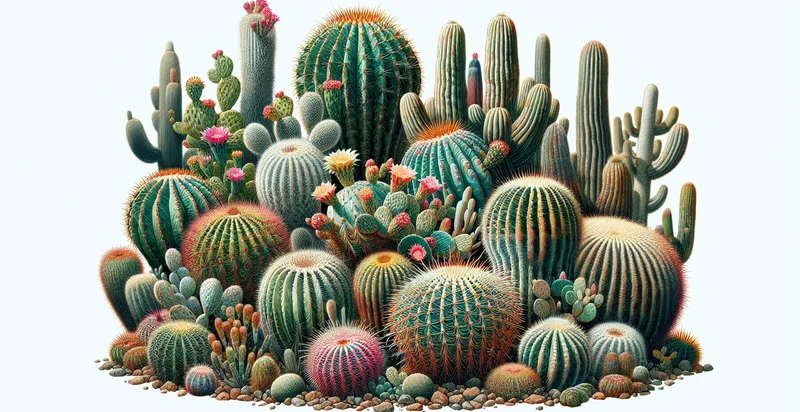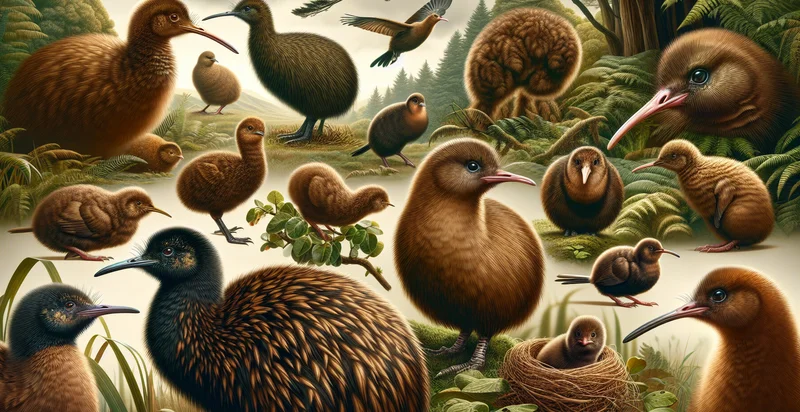Identify moss species
using AI
Below is a free classifier to identify moss species. Just upload your image, and our AI will predict what species of moss it is - in just seconds.

Contact us for API access
Or, use Nyckel to build highly-accurate custom classifiers in just minutes. No PhD required.
Get started
import nyckel
credentials = nyckel.Credentials("YOUR_CLIENT_ID", "YOUR_CLIENT_SECRET")
nyckel.invoke("moss-species", "your_image_url", credentials)
fetch('https://www.nyckel.com/v1/functions/moss-species/invoke', {
method: 'POST',
headers: {
'Authorization': 'Bearer ' + 'YOUR_BEARER_TOKEN',
'Content-Type': 'application/json',
},
body: JSON.stringify(
{"data": "your_image_url"}
)
})
.then(response => response.json())
.then(data => console.log(data));
curl -X POST \
-H "Content-Type: application/json" \
-H "Authorization: Bearer YOUR_BEARER_TOKEN" \
-d '{"data": "your_image_url"}' \
https://www.nyckel.com/v1/functions/moss-species/invoke
How this classifier works
To start, upload your image. Our AI tool will then predict what species of moss it is.
This pretrained image model uses a Nyckel-created dataset and has 20 labels, including Aulacomnium, Brachythecium, Bryum, Campylopus, Cushion Moss, Dicranum, Feather Moss, Hylocomium, Leucobryum and Mnium.
We'll also show a confidence score (the higher the number, the more confident the AI model is around what species of moss it is).
Whether you're just curious or building moss species detection into your application, we hope our classifier proves helpful.
Related Classifiers
Need to identify moss species at scale?
Get API or Zapier access to this classifier for free. It's perfect for:
- Conservation Efforts: The moss species identifier can assist environmentalists and conservationists in tracking and cataloging different moss species in various ecosystems. This information helps in monitoring biodiversity, assessing the health of habitats, and implementing conservation strategies.
- Ecological Research: Researchers studying plant ecology can utilize the moss species identifier to analyze the distribution and abundance of moss species in different environments. This data can lead to insights about ecosystem functions and the impact of climate change on plant communities.
- Education and Outreach: Educational institutions can incorporate the moss species identifier into their biology curriculum to teach students about plant taxonomy and ecology. Interactive workshops or field trips using this technology can engage students and promote a deeper understanding of biodiversity.
- Agriculture and Horticulture: Farmers and gardeners can benefit from identifying moss species to understand their impact on crop growth or garden health. By distinguishing beneficial moss from invasive species, they can make informed decisions on soil management and plant care.
- Landscape Management: Landscape architects can use the moss species identifier to select suitable moss varieties for design projects. This aids in creating sustainable green spaces that thrive within local climates and conditions, contributing to aesthetic and ecological goals.
- Bioindicators for Pollution Assessment: Mosses are known to be sensitive to environmental changes, and the moss species identifier can help identify specific species as bioindicators. Organizations focused on pollution monitoring can leverage this information to assess air and soil quality in urban areas.
- Pharmaceutical Research: The moss species identifier can be utilized in natural product research to discover potentially bioactive compounds in various moss species. By identifying species with medicinal properties, pharmaceutical companies can explore new avenues for drug development and environmental pharmacology.


